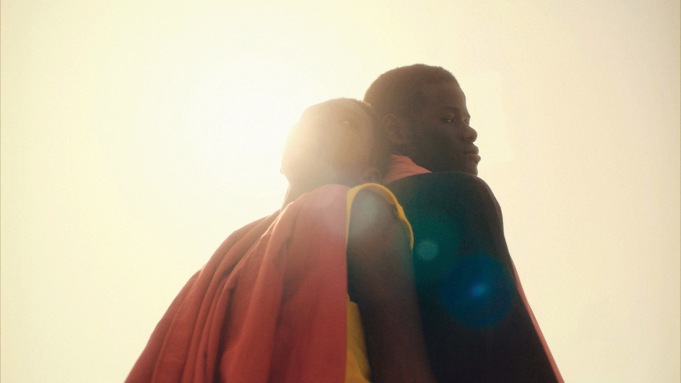
With a record number of films in the official lineup, African cinema will be well represented on the Croisette this year, but insiders say top festivals need to do more to reflect the continent’s true filmmaking diversity: “It’s like they are ticking a box.”

This could be the year African cinema conquers Cannes. The 76th festival has more Africa-set features in the official selection than ever, including two in competition — Four Daughters from Tunisian director Kaouther Ben Hania (The Man Who Sold His Skin) and Banel & Adama, the debut feature from Senegalese-French filmmaker Ramata-Toulaye Sy. Then there’s Omar la Fraise, an Algeria-set Midnight Screening entry from Elias Belkeddar, starring Reda Kateb and Benoît Magimel, and four Un Certain Regard titles: Moroccan films Les Meutes from Kamal Lazraq and the documentary The Mother of All Lies from Asmae El Moudir; Omen, the feature debut of Belgian-Congolese hip-hop artist Baloji; and Mohamed Kordofani’s Goodbye Julia, the first Sudanese film to screen on the Croisette.
The selection ranges across genres and cinematic styles. Omar la Fraise is a crime comedy that draws inspiration from the films of Sergio Leone and Takeshi Kitano in its story of Omar (Kateb), a washed-up gangster in exile in Algiers who tries to get back in the game. Four Daughters is an experimental documentary in which a director, exploring the story of a woman whose two older daughters have disappeared, has professional actresses step in to play their roles. Banel & Adama is an epic, magical realism love story set in a remote village in northern Senegal.
“It was important to me to make a film on Africa that wasn’t about misery, rape, corruption, all that social realist stuff that seems to be how Africa usually is depicted in film,” says Banel & Adama director Sy. “Of course, misery and all this trouble exists in Africa, but I wanted to take a different approach — non-naturalistic. My idea was to imagine a great tragic female figure, like you have in Greek myth, someone on the level of Medea or Antigone or Phaedra, but with an African background.”
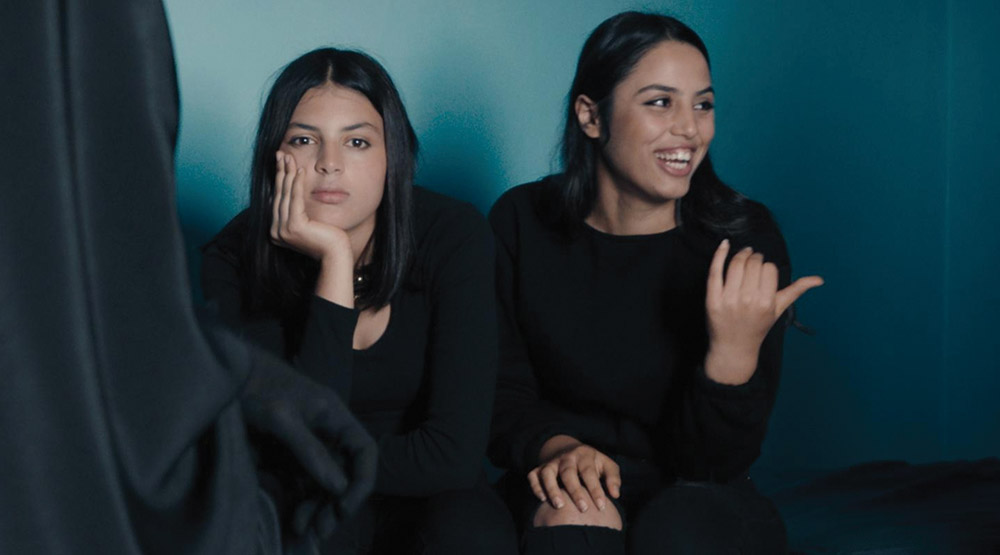
Cannes’ embrace of African cinema comes as Hollywood is discovering the appeal of African-inspired stories — see the box office success of The Woman King ($97.3 million globally) and Black Panther: Wakanda Forever ($859 million) — and as the film industry on the continent itself is enjoying unprecedented growth, in part driven by investment from international streaming services, including Netflix, Amazon and South African group Showmax, backed by Comcast’s NBCUniversal.
“For the first time, we have more than one buyer in Africa,” says Phillip Hoffman of Rushlake Media, a German-based sales and distribution group with a focus on African cinema. “That changes everything.”
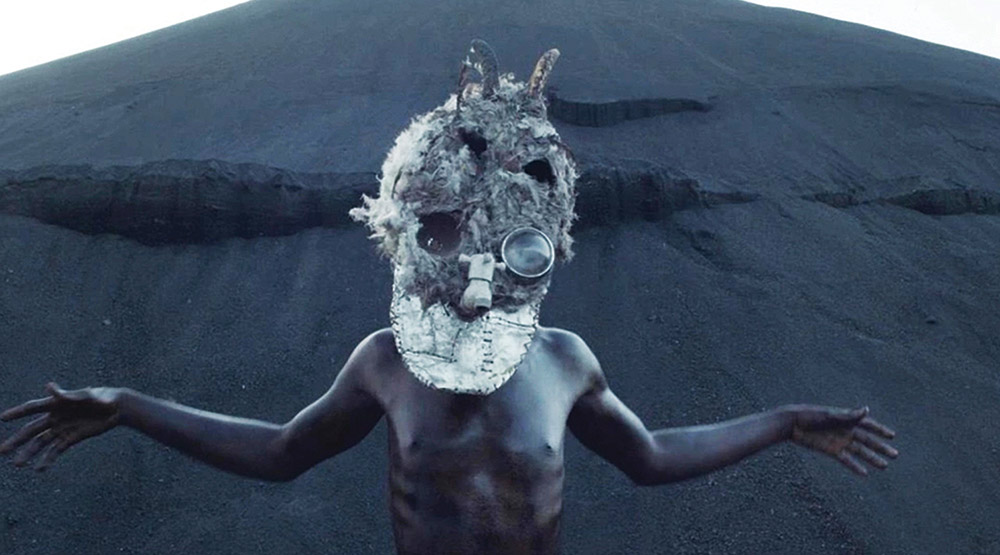
But critics point to a gap between the African films being made, and watched, in Africa and those being celebrated on the Croisette. Cannes’ selection is strong on films from the French-speaking countries of Western and Northern Africa — Algeria, Morocco, Senegal — that is disproportionate to their populations and local industry might. Nigeria, the continent’s most populist country and home to its only self-sustaining film industry, has never had a movie picked for Cannes’ official competition.
“Cannes, time and time again, seems to support only French-speaking Africa,” says Mo Abudu, founder of Nigerian media group EbonyLife (and one of THR‘s 40 most influential International Women in Entertainment — Film). “It’s like they are ticking a box: It’s a Black film, it’s an African film, and that’s good enough for them. But Africa is not a country, it’s a continent. There are different stories from different parts of the continent that should be showcased at a global festival such as Cannes.”
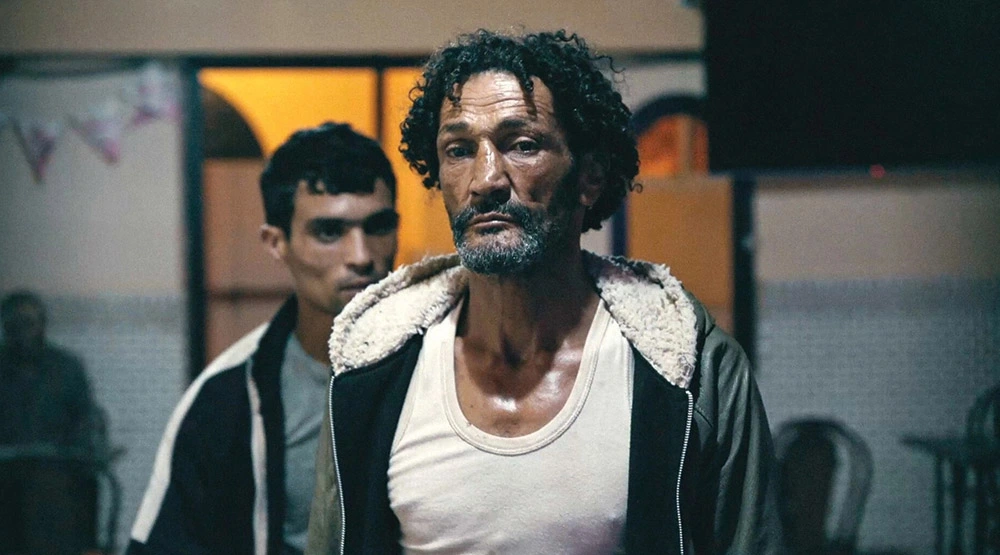
It’s notable that all of the African films in official competition this year — with the exception of Mother of Lies, which received support from Morocco, Egypt and the Gulf states — were co-produced and co-financed out of France. All could be categorized as “international art house,” a genre with strong appeal in Europe but far less in Africa, where more mainstream, commercial films — romantic comedies, melodramas and action films — are the big draw.
“Festivals like Sundance, Berlin, Cannes and Venice seem to cater more to art-house sensibilities, [but] these African art house films are very influenced by a European sort of filmmaking, which does feel out of reach and a bit unrelatable to a lot of people [in Africa],” says Nigerian director Jáde Osiberu, whose latest feature, Gangs of Lagos, a GoodFellas-style gangster epic, premiered on Prime Video in April.
“But, on the other side,” Osiberu says, “a lot of the commercial filmmaking here doesn’t really cater to any sort of artistic sensibilities, so they aren’t the kind of films that get shown at festivals.”
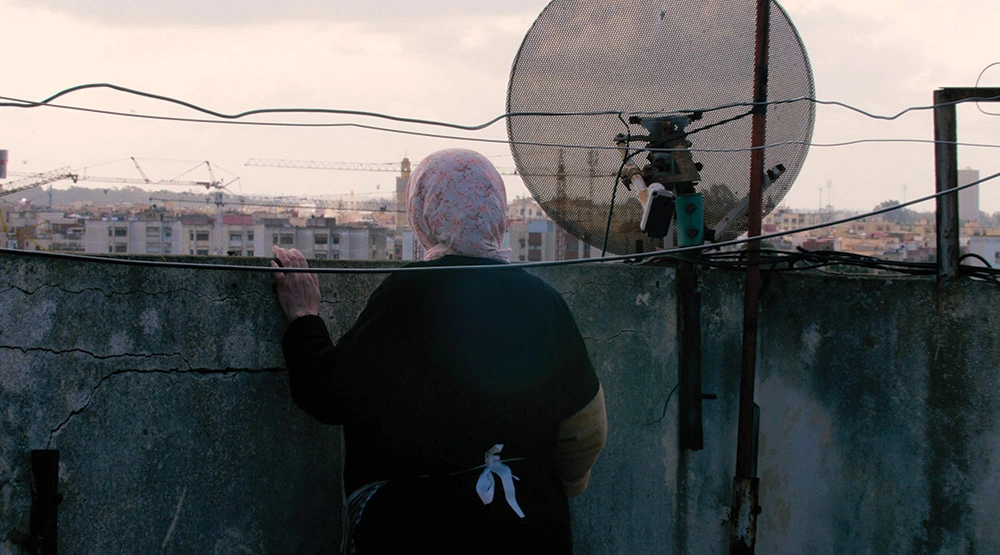
___
This story first appeared in the May 10 issue of The Hollywood Reporter magazine.
